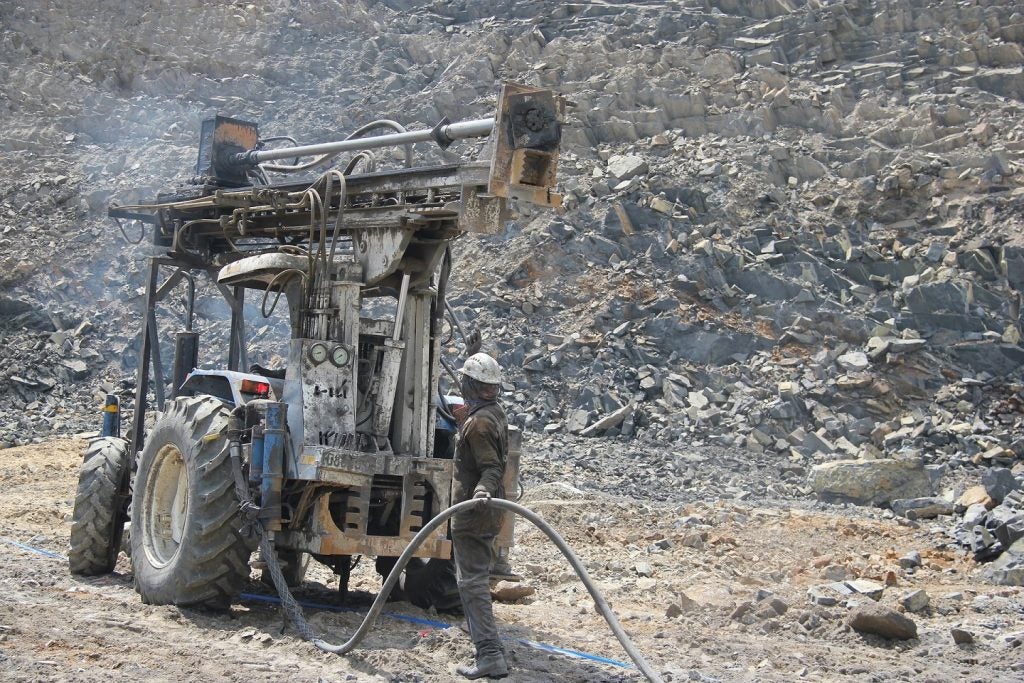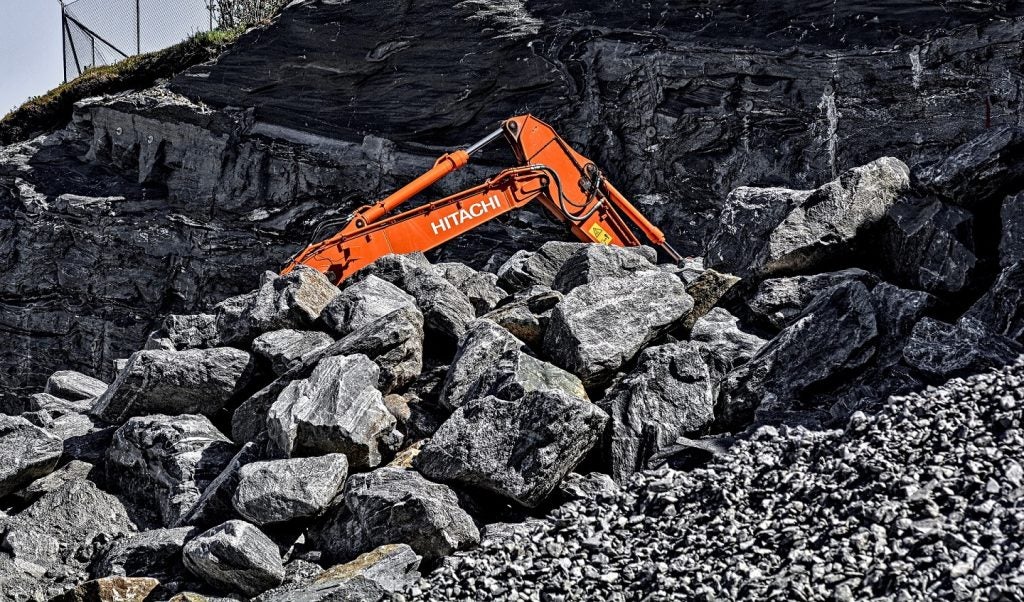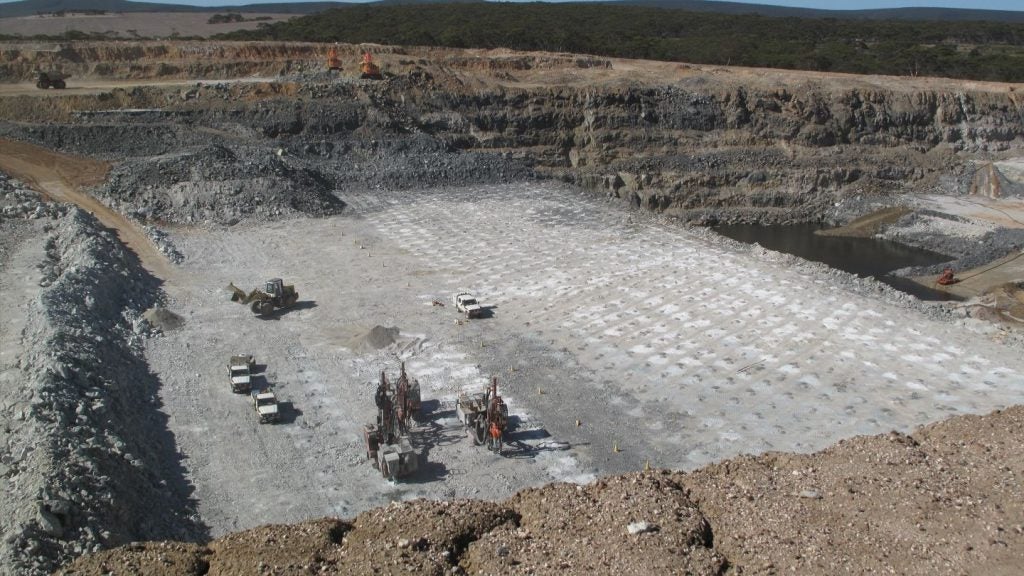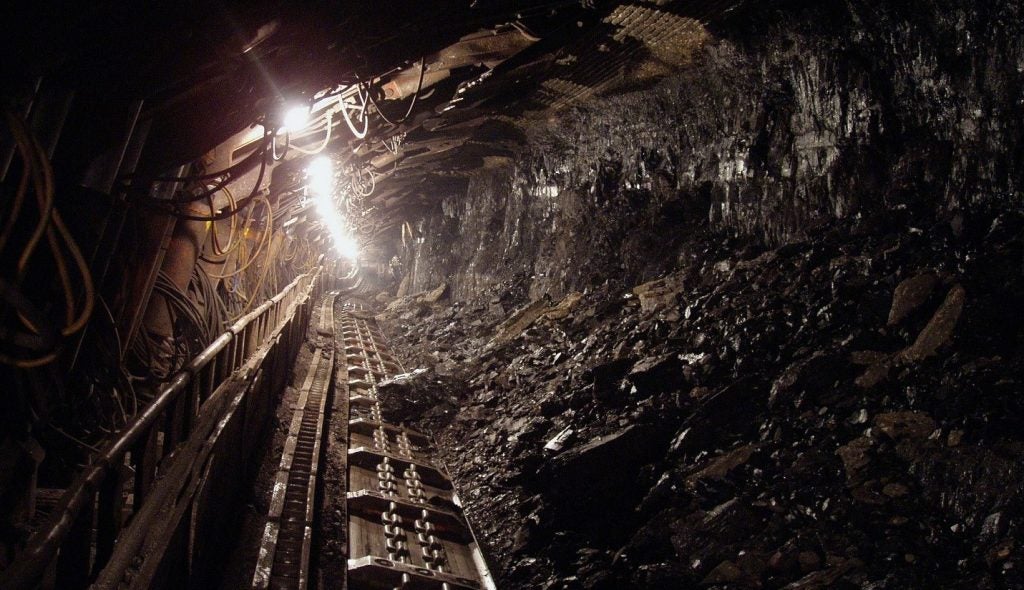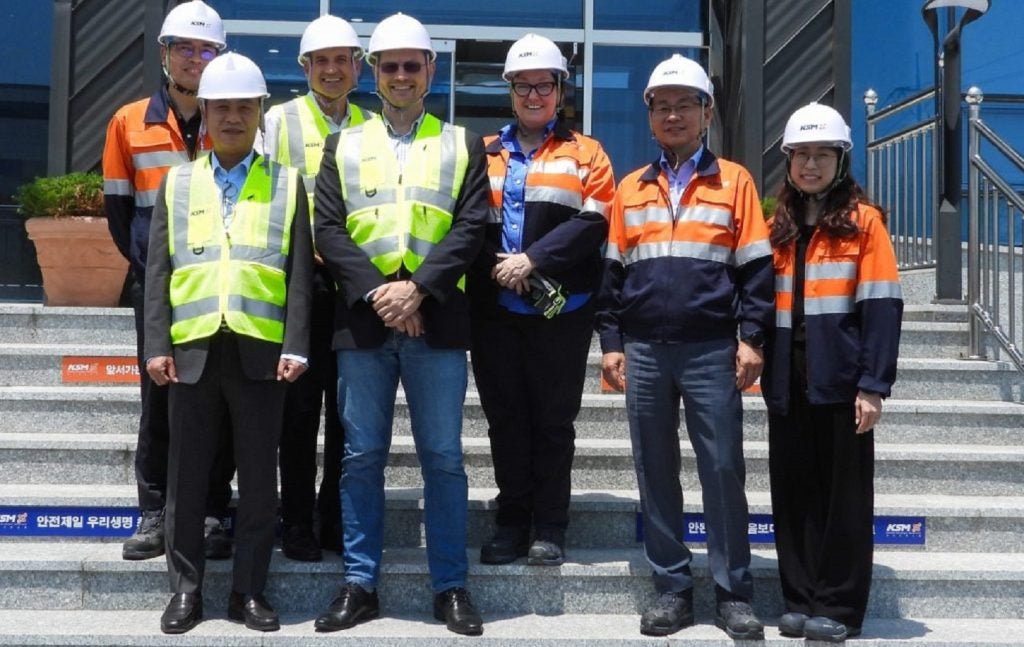DevEx Resources has signed a A$7.5m ($4.9m) agreement with Lachlan Star (LSA) to sell its portfolio of copper-gold exploration assets in the Lachlan Fold Belt of New South Wales (NSW), Australia.
The sale covers 11 tenements in the Lachlan Ford Belt. It includes the Junee, North Cobar and Basin Creek projects.
Under the deal, LSA will issue more than 756.7 million shares at a deemed issue price of 1¢ each or more than 75.6 million shares at a deemed issue price of $0.10 each, for consideration of A$7.5m.
Furthermore, LSA will pay a 2% net smelter royalty (NSR) from any minerals produced within the tenements to DevEx.
With the sale, DevEx intends to focus its resources and management time on the high-potential Nabarlek uranium project in the Northern Territory, the Kennedy rare earth element (REE) project in Queensland, and other emerging projects in Western Australia.
Upon the closing of the transaction, DevEx will hold a 36.46% shareholding in LSA and will also appoint two directors to the company's board.
DevEx managing director Brendan Bradley said: “Our NSW portfolio includes the Junee Project located in Australia’s copper-gold porphyry heartland and the North Cobar Project, located along strike from the world-class Cobar mining centre.
“In light of the success we have been enjoying at our Nabarlek Uranium Project – where we have an exceptional opportunity to discover and delineate high-grade uranium resources at a very favourable time in the uranium cycle – and the immense potential of our Kennedy Ionic Clay-hosted REE Project, we believe it is in shareholders’ best interest to focus on these outstanding opportunities.
“DevEx shareholders will retain exposure to the upside as LSA’s major shareholder, and we expect to have considerable input into ongoing exploration strategy through representation at board level.”


